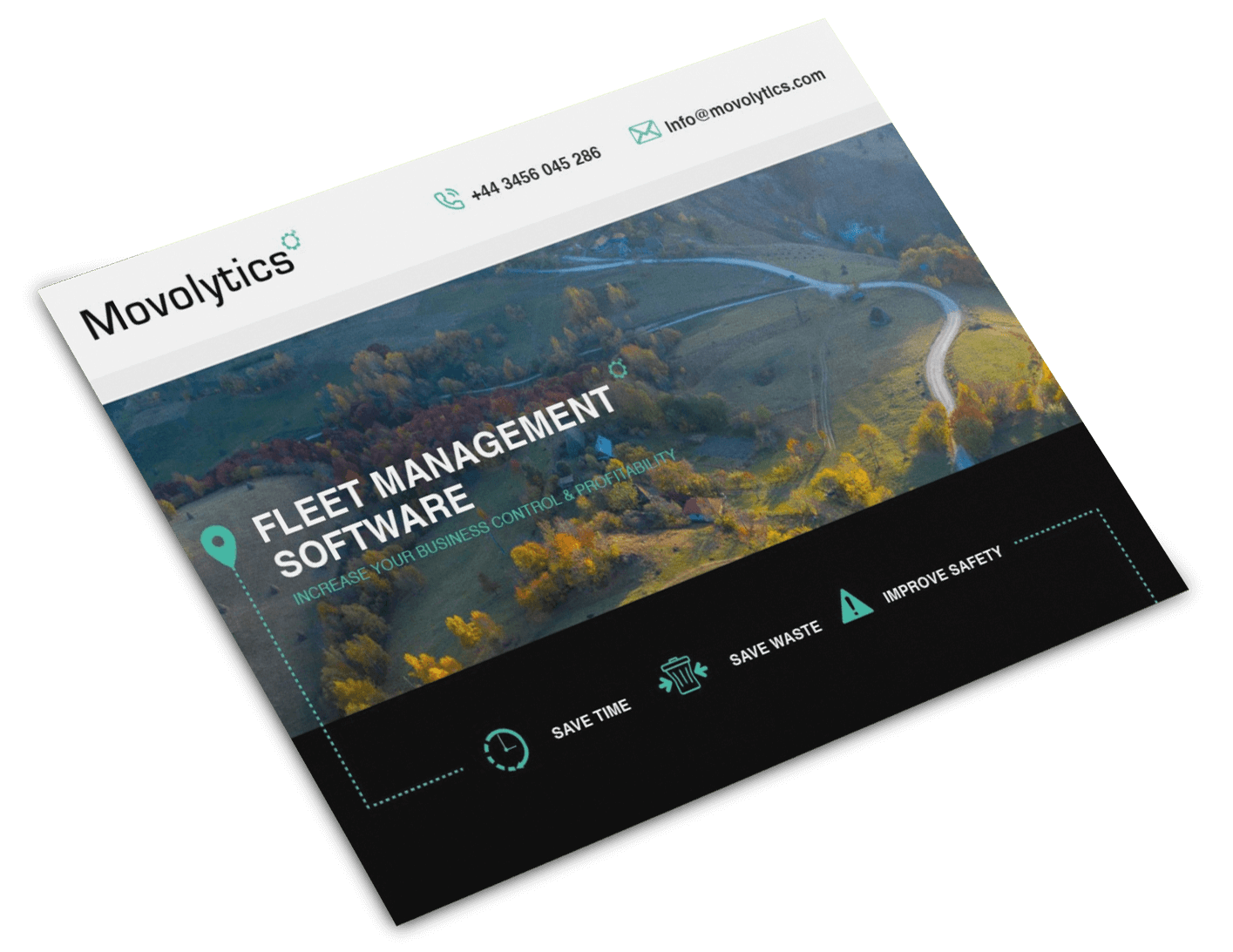
Staying ahead of the curve is essential to business success. It’s important to understand the rise of predictive analytics in logistics through fleet telematics and look at its profound impact on the industry. Fleet Telematics has become a transformative force in the industry, not only for its vehicle tracking but also for its potential in predictive analytics.
The Rise of Predictive Analytics
Traditionally, fleet management in logistics has been predominantly reactive, responding to issues and challenges as they arise. However, the integration of fleet telematics has ushered in a paradigm shift towards predictive analytics. These advanced systems collect a huge amount of data, including vehicle diagnostics, historical route information, and more. By effectively analysing this data, companies can predict potential problems and take preventative action.
Preventative Maintenance
One of the most immediate and tangible benefits of predictive analytics through fleet telematics is the significant reduction in downtime. By identifying patterns in vehicle performance and recognising anomalies, fleet managers can proactively schedule maintenance work before breakdowns occur. This proactive approach not only ensures that vehicles remain operational but also minimises costly downtime and maintains service reliability.
Route Planning
Predictive analytics also extends to route planning, an important aspect of logistics. By utilising historical data, fleet managers can plan the optimal routes for deliveries. As a result, companies can not only reduce journey time but also fuel consumption, which ultimately leads to significant cost savings. In addition, optimised routes improve delivery accuracy, which can increase customer satisfaction.
Customer-Centred Services
The predictive power of fleet telematics is not limited to improving internal processes, but also directly benefits customers. By using predictive analyses, companies can provide their customers with more accurate delivery forecasts. Customers value reliability and transparency when it comes to delivery times, and predictive analytics help companies to consistently meet their expectations. This can lead to higher customer satisfaction and repeat business, which are essential for the continued success of the company.
Data-Driven Decision Making
The future of logistics increasingly depends on data-driven decisions. The insights gained from fleet telematics are invaluable for strategic planning and business growth. By analysing data, companies can identify trends, optimise resource allocation and even explore expansion opportunities. Predictive analytics enables logistics companies to make informed decisions that not only address current challenges but also anticipate and prepare for future possibilities, ensuring long-term sustainability and competitiveness.
Download our brochure
Take a look at our brochure to find out more
